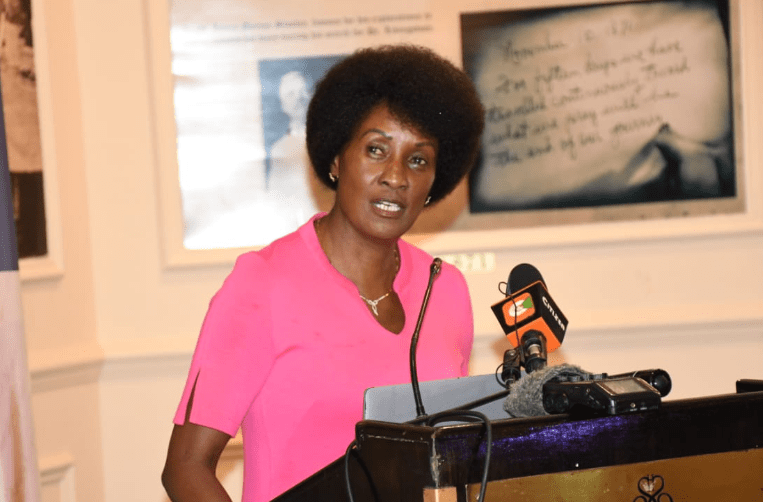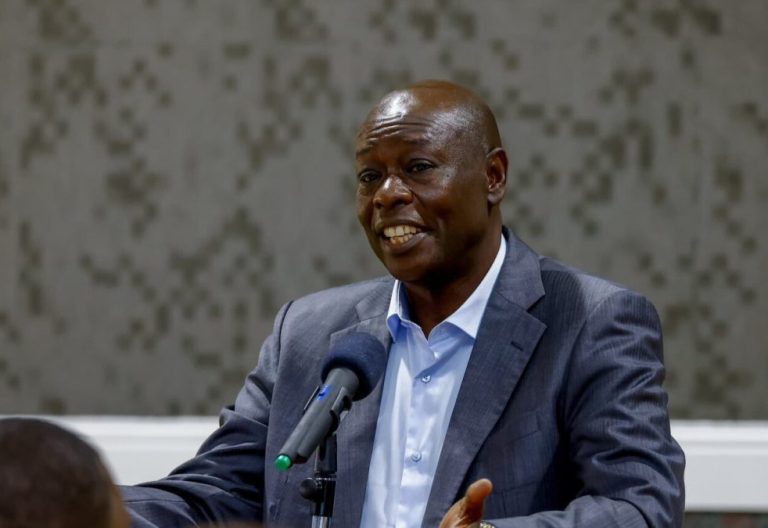Internet has virtually taken over almost every aspect of our lives
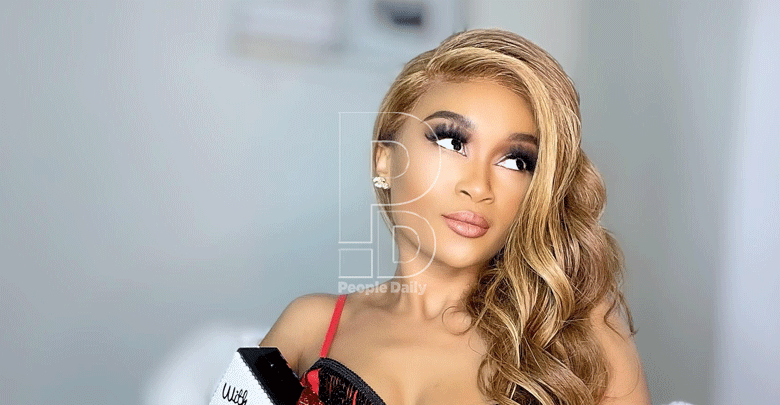
In this era when the Internet has virtually taken over almost every aspect of our lives, many people are getting themselves trapped in the web. And as Jasmine Atieno writes, celebrities too have not been spared either, as they empty their emotions online for all and sundry.
The internet has literally shrunk the world into a global village. This has enabled Kenyans in diaspora and celebrities of all walks of life to participate and add their voices to issues taking place in their country of origin far from home.
The diaspora has made many positive contributions to online initiatives and businesses, which have been very impactful, while opening doors and creating rooms for other opportunities. However, the social media has also been used as a tool of conflict.
Controversial and sensitive content has been used to stir up online battles, and when people with such huge numbers of online follower get into these messy and nasty battles, then many people get caught up in the raging flames.
A good illustration of such battles that went overly sour is between the former Miss Universe Kenya Rachel Mbuki (now a Hollywood-based celebrity TV reporter) and Kenyan Germany-based LGBTQ activist Samuel Otieno Owiya popularly known as Choku.
A relationship that had started as friendship and support left the beauty queen on almost a year-long campaign against cyber-bullying. Now she feels threatened by the activist’s rage against her.
Going back to May 2020, Rachel was on Instagram live with Choku requesting Kenyans to lend support to the members of the LGBTQ community.
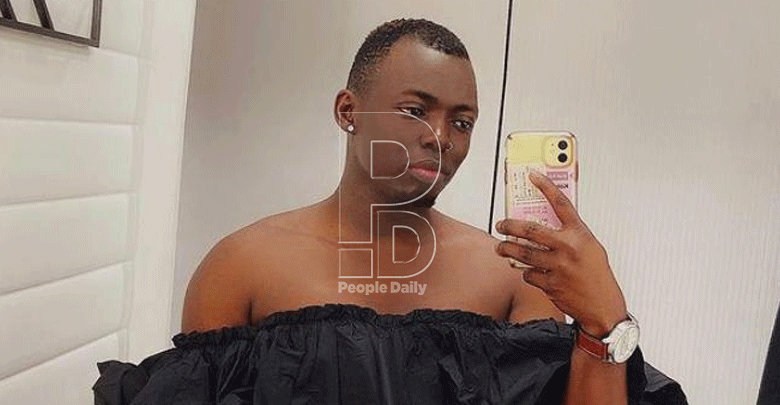
A year later, according to her, the support she was looking for has turned into death threats and nightmares, which she is seeking legal action against.
Asked on what really went wrong, Choku intimated to Spice that he had to take to social media after the beauty queen violated his rights and no one was giving him a fair listening ear due to his gender difference.
“Rachel contacted me for the first time in March last year; she apparently wanted to highlight some LGBTQ challenges.
She wanted me to portray her as rich and influential and all that and I asked her to pay me.
We did not talk about how much I’d charge her for this effort, but after airing some of the stories, she sent me US$70 (Sh7,576) twice.
She would bring me stories to share including the Jalang’o (boys’ club) saga. I had to start brushing off some of these stories because it seemed to me like she was setting me up while playing safe.
And this is when she turned against me claiming I was tarnishing her name,” he says.
Clout chasing
He further alleges that Rachel started posting on her social media platforms unfortunate personal stories he had shared with her for self-gratification and fame.
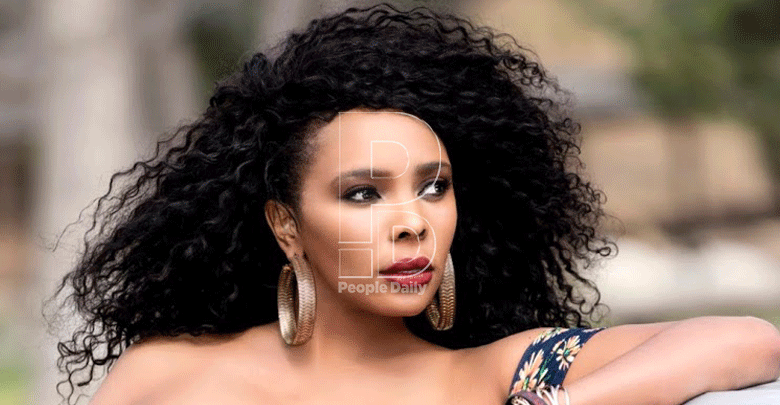
“Things I have gone through as a teenager including molestation, she started using these stories for clout, which was really painful to me. She also circulated rumours that I was HIV-positive, which I am not.
All this because I refused to mention her name when I was talking about topics important to me on my own page.
She actually threatened to use Edgar Obare to tarnish my name; she has made my life a living hell and when I finally fought back, I became a cyber bully,” shared the activist.
According to him, Rachel has resulted to threatening anyone associated with him, fortunately, there are people who have stayed loyal and supportive to him because they understand what he truly stands for.
In response to this, the beauty queen maintains that Choku is what he is —a cyber bully, and she (Rachel) wants justice for the trauma she has undergone.
“End of the day, I am the one seeking legal action because I have the truth on my side.
All they have are nasty allegations to bully me with no proof and playing victim,” she said.
On April 19 this year, Choku joined yet another Kenyan from the diaspora Brenda Okara, on an Instagram live against Rachel.
While Rachel had completely denied knowing Brenda, she reached out to her, but the battle was cleared on her Instagram TV.
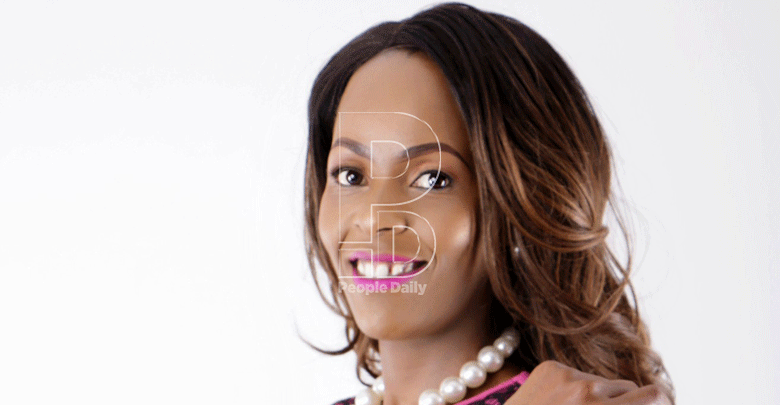
Other Kenyans who have been caught up in the battle include Chinese Kikie, a Kenyan digital influencer, lifestyle and dating coach, fashionista and human rights activist based in Belgium.
As someone who has interacted with both parties, she believes the ex-Miss Universe Kenya is only out for attention and is probably going about it the wrong way.
The mental effect
“Choku is a very outspoken person and Rachel wants people to gang up against him, all she wants is attention.
She knows my stand on human rights, but she also wanted me to make a choice between Choku and her, of which I refused.
I told her she was going about it the wrong way and I could not take that side. She only cares about followers and will do anything for it.
She doesn’t care how she goes about it; she will use someone’s past experiences and fake accounts to create content just to pull a crowd.
She tried sabotaging my life saying it promotes prostitution, but she wanted to join that life.
If you tell her the truth she unfollows you, deletes your comments and threatens to sue you,” Kikie told Spice.
While these social media battles might seem normal to many celebrities, the toll they might have on people’s psychological health should not be overlooked.
Social media challenges are global, and a lot of the so-called celebrities are largely affected because they want to stay relevant at whatever cost, not knowing that if you do not set limits; it will only take you on a downward spiral.
“There are enough stories of celebrities who have ended up engaging in activities that are contrary to their values or who they are.
As a celebrity in diaspora, it is different. People in the host country do not view you as a celebrity and the system there is different from what we have back at home.
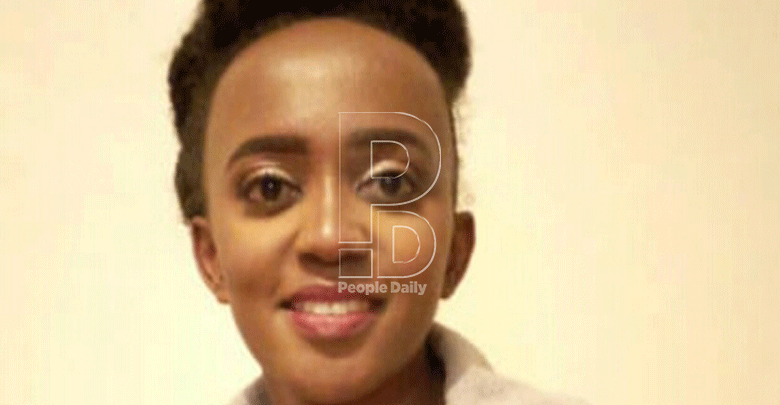
In Kenya, we have new up-and-coming young talented individuals rising up fast; it’s easy for Kenyans to forget about a celebrity in the diaspora.
And this is the exact reason they will seek to keep their social media pages active with all manner of content,” shares psychologist Tracy Nyaguthii.
She adds that loneliness in another country depending on a person’s situation could contribute to the outbursts.
She says: “An individual can find solace online, which in turn can lead to social media battles.
Everyone wants to be socially accepted, to the extent that many people are going to adverse lengths to get likes, through videos, pictures, and more.
Celebrities online have taken up faking fights or creating enemies by vilifying other fellow celebrities who are their competitors and the like.”
She adds, “People’s personalities also play a huge part, an individual can be more prone to aggression, have manipulative tendencies, have an inflated view of self, lack of empathy and impulsive behaviour.
These qualities can contribute to intense battles online. Social media has a way of glamourising individuals and making them appear perfect and good at what they do.
While in reality, they are normal human beings with their flaws. It is easy for the individual to get lost in this and that can lead to mental health issues.”
Tracy advises the celebrities that there needs to be a balance, because social media can be draining and one can easily forget themselves. Taking breaks can be good for their mental health.
“Find positive ways to go about online engagement. It does not have to be battles. If you sense you are out of control, get help, see a counsellor,” she says.
Emotional outlet
Blackstar Media founder Kingwa Kamencu adds that it is important also to consider the timings of these increased online battles.
The pandemic, she says, has increased sadness, stress, anxiety and one of the ways that people diffuse them, or let out, is through the fights.
“The online gang cultures are mostly there because people are looking to push their anxiety on someone else.
Most of it is psychological because there is so much displacement of emotions and the reactions are unwarranted. Like hitting a mosquito with a hammer.
But this is not just about this one ongoing battle, we all do it. We need to recognise the time we are in, we are doing a lot that we shouldn’t.
My advise is that people should find compassion with themselves and try not to create enmity with everyone,” says Kingwa.
She opines that there’s need for people to cultivate compassion for themselves first before doing so to the next people. “It is very easy to get triggered.
Be aware of these triggers, most of which come from past traumas. As celebrities, they need therapy.
They are very sensitive and this means they also carry a lot of trauma from the past.
Seek therapy help, if you can’t afford it, read about it; there is so much materials online that can be very helpful for self-care,” she says in conclusion.



